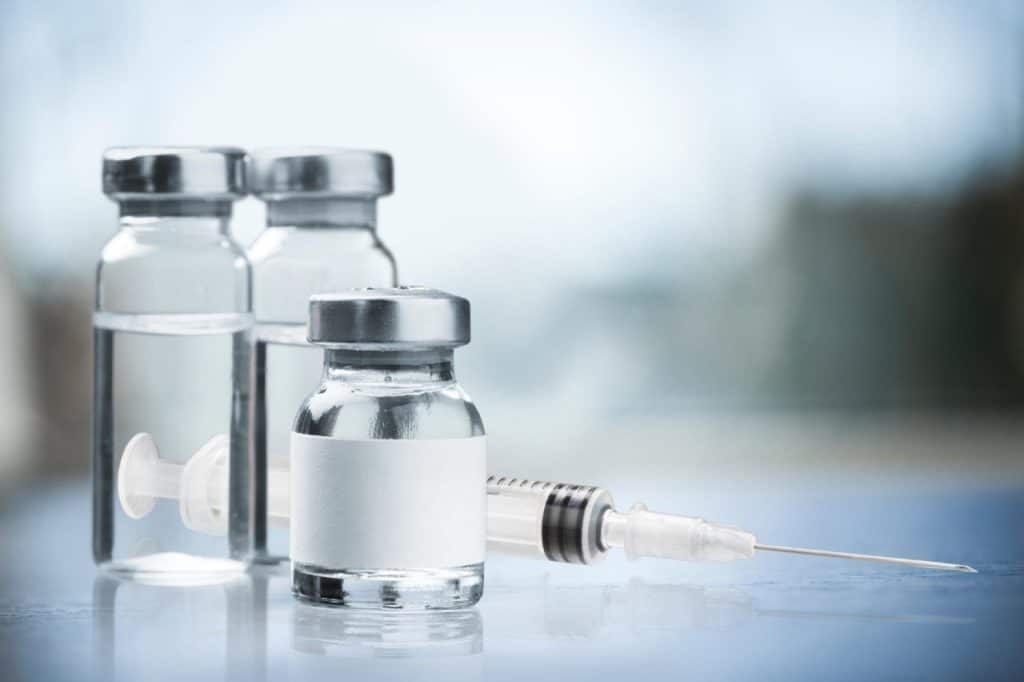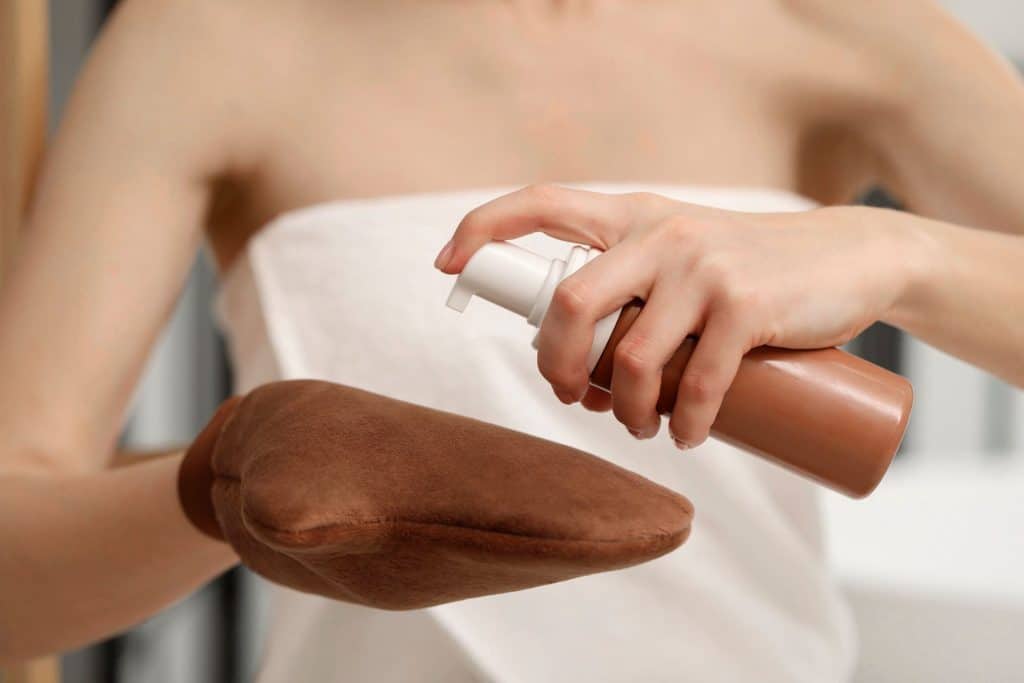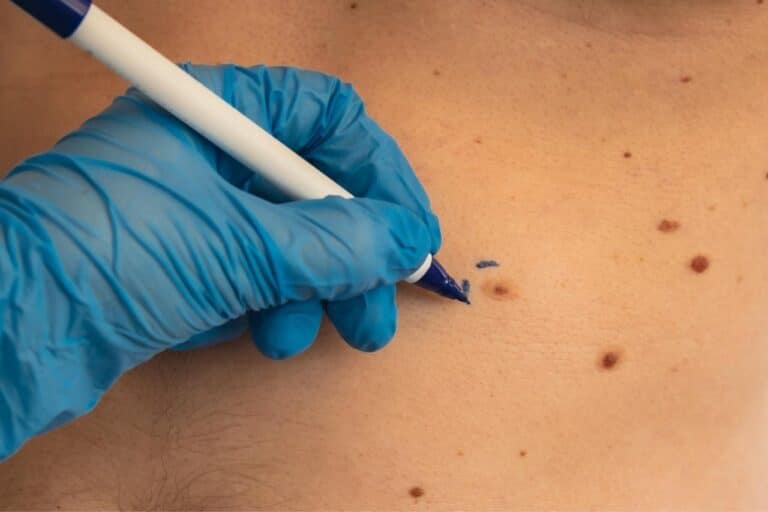In recent years, the pursuit of a sun-kissed complexion without the associated risks of ultraviolet (UV) exposure has led to the emergence of products like Melanotan. Marketed as a means to achieve a tan without sunbathing, Melanotan has garnered attention and controversy. This article delves into what Melanotan is, its purported benefits, associated risks, and the perspectives of health authorities on its use.
Understanding Melanotan
Melanotan refers to two synthetic analogues of the naturally occurring alpha-melanocyte-stimulating hormone (α-MSH):
- Melanotan I (Afamelanotide): Initially developed as a tanning agent, it has received approval for specific medical conditions related to light exposure.
- Melanotan II: Also created to promote tanning, it has been investigated for potential treatment of sexual dysfunction.
These compounds aim to stimulate melanin production, the pigment responsible for skin color, thereby inducing a tan without UV exposure.
Purported Benefits of Melanotan
Proponents of Melanotan highlight several potential advantages:
- UV-Free Tanning: Achieving a tan without the need for sun exposure, theoretically reducing the risk of UV-induced skin damage.
- Convenience: Bypassing the time and effort required for traditional tanning methods.
- Potential Medical Applications: Particularly for individuals with specific light-sensitive conditions.

Health Risks and Concerns
Despite the proposed benefits, significant health concerns have been raised regarding Melanotan use:
- Unregulated Use: Many Melanotan products are sold online without proper regulatory approval, leading to concerns about purity, dosage, and safety.
- Adverse Effects: Users have reported side effects such as nausea, facial flushing, and spontaneous erections in males.
- Potential Links to Skin Cancer: There have been reports of the development of dysplastic naevi and melanoma associated with Melanotan use. However, current research has not established a causal relationship. Further studies are required to assess the safety of these products. cancer.org.au
Health Authorities’ Stance on Melanotan
Leading health organisations have issued warnings against the use of unregulated Melanotan products:
- Cancer Council Australia: Advises against the use of tanning accelerators, including Melanotan, due to potential health risks and the lack of evidence supporting their safety. cancer.org.au
- Therapeutic Goods Administration (TGA): Has not approved Melanotan for use, emphasising the dangers of purchasing unregulated substances online.
Safe Alternatives for Skin Tanning
For individuals seeking a tanned appearance without the risks associated with Melanotan or UV exposure, consider the following:
- Topical Sunless Tanners: Over-the-counter lotions and sprays containing dihydroxyacetone (DHA) can provide a temporary tan without UV exposure.
- Professional Spray Tans: Administered by trained technicians, these offer an even application and controlled results.
Conclusion
While the allure of a tan without sun exposure is understandable, the use of unregulated products like Melanotan poses significant health risks. Until comprehensive research confirms their safety and efficacy, and they receive appropriate regulatory approval, it is prudent to avoid their use. Embracing safe alternatives and practicing sun protection measures remain the best strategies for skin health.
📢 Protect your skin, protect your future. Book a skin cancer check today at ISO Skin Cancer Clinic! 🌞.





